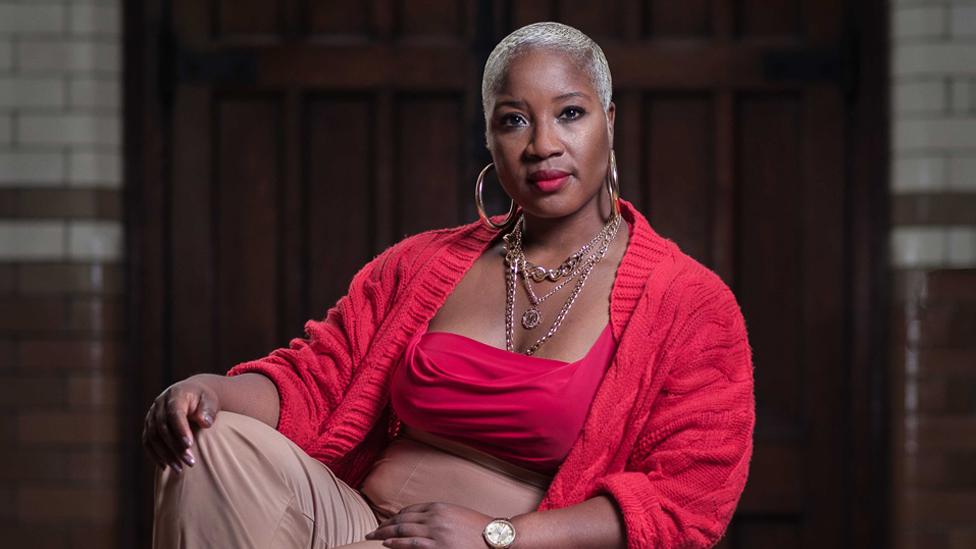'We played in clubs that wouldn't have let us in'
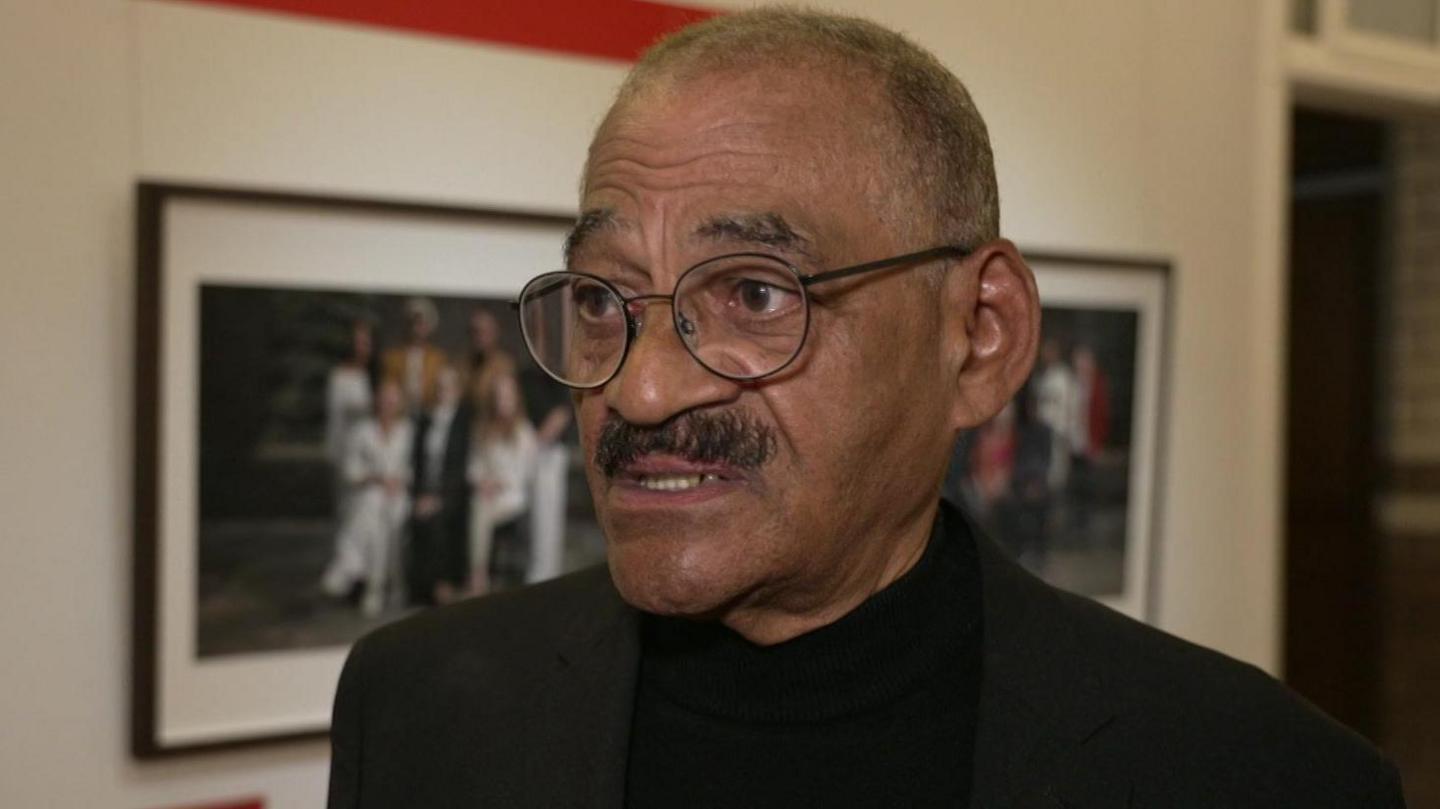
Ramon "Sugar" Deen tells of the racism black groups faced in the 1960s
- Published
In the 1960s Liverpool was the epicentre of the music scene as Merseybeat and The Beatles dominated the charts.
But there was another movement taking place in the city. A rich music scene centred on the vibrant nightlife of Toxteth in L8.
But racial inequalities of 1950s and 60s meant many of the bands found it harder to catch a break.
"British record companies weren't interested in black British performers and groups," Ramon "Sugar" Deen and former member of The Harlems said.
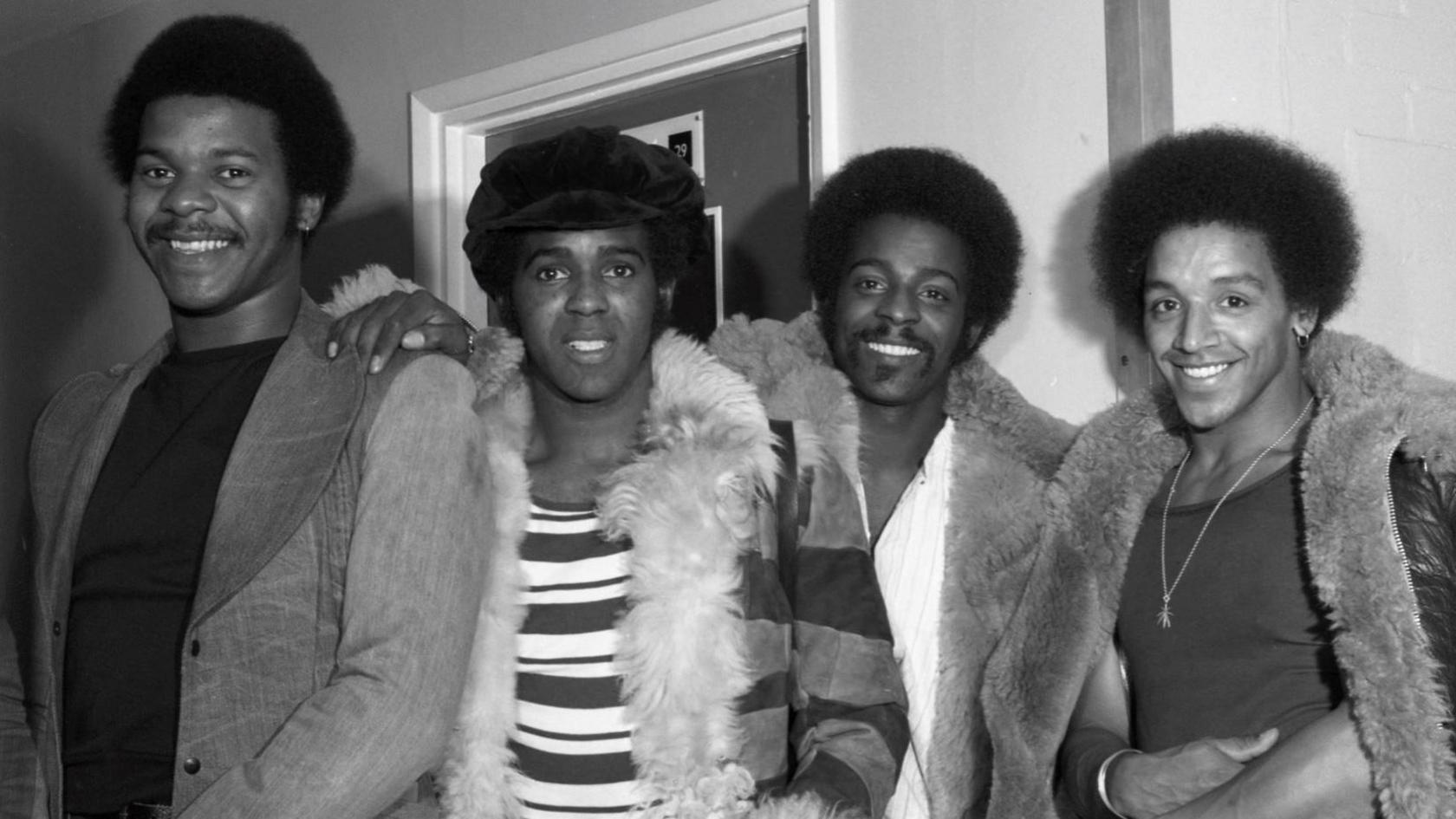
The Real Thing are described as Britain's most successful black group
"It was hard times trying to break into mainstream music."
Mr Deen recalled how the band faced discrimination in their own city playing gigs in the same night clubs that would have banned them as customers.
They also faced segregation when performing at US air bases across England.
"Entertaining the troops before they went to Vietnam, there was segregation at that time," he said.
"So you could not sit over there because the sign says whites only. The sign says colours you have to sit over there.
"I got into so much trouble because I wouldn't adhere to their rules.
"I said 'I'm not in your army, I ain't going to do that'."
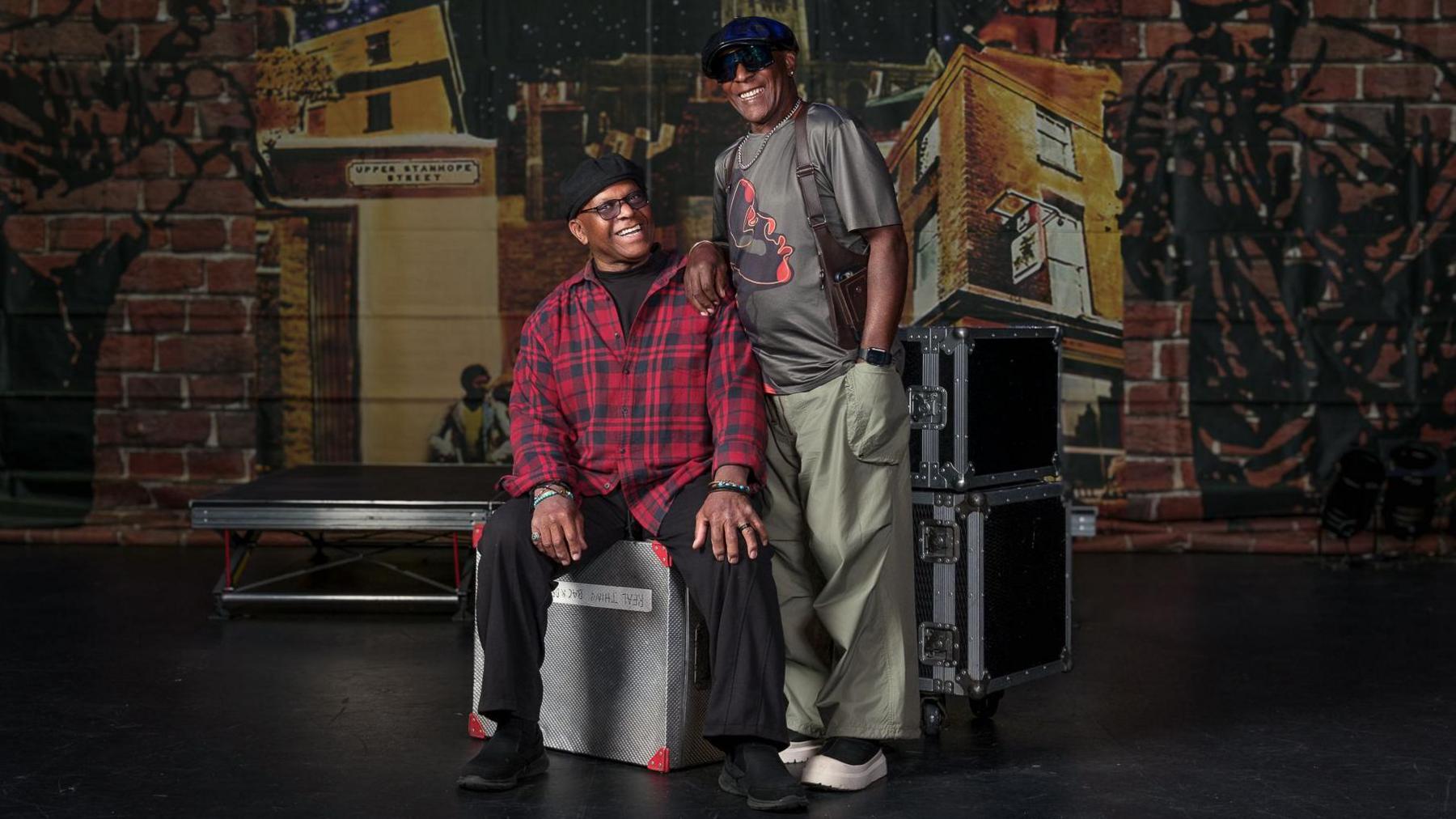
The Real Thing, pictured in 2025, is among the photographs on display in a new exhibition
The Harlems got a record deal and went on to appear on TV talent show Opportunity Knocks but they never cracked the charts.
Their story is among many told in a new exhibition about the black music scene in Liverpool at that time now on display in the city.
Also celebrated is Harold Phillips known as Lord Woodbine, a black musician who became one of The Beatles early managers and mentors and even drove them to Hamburg in 1960.
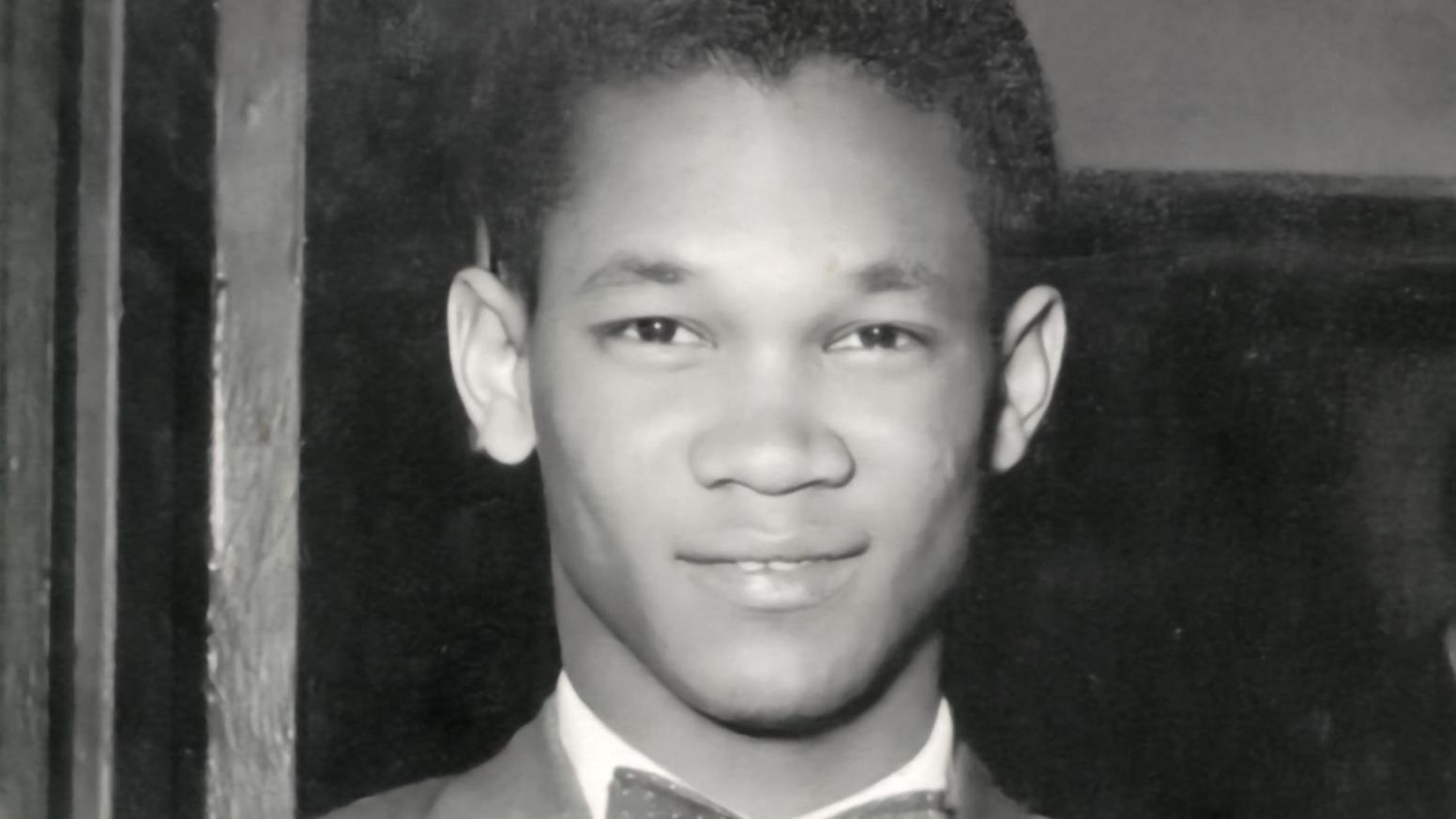
Harold Phillips, known as Lord Woodbine, was a mentor to The Beatles
Legends from Liverpool's music scene featured include Chris Amoo and Dave Smith from The Real Thing, Garry Christian from The Christians, Ramon "Sugar" Deen from The Harlems, Joe Ankrah and Alan Harding from The Chants, female harmony group Distinction, and reggae artist Ramon Judah, who continues to champion Liverpool 8's rich musical tradition today.
For Sugar Deen the exhibition is the culmination of work he hsd been doing for 40 years to keep the stories alive and share "all the talent and all that we've done and the pressure of trying to break into the industry".
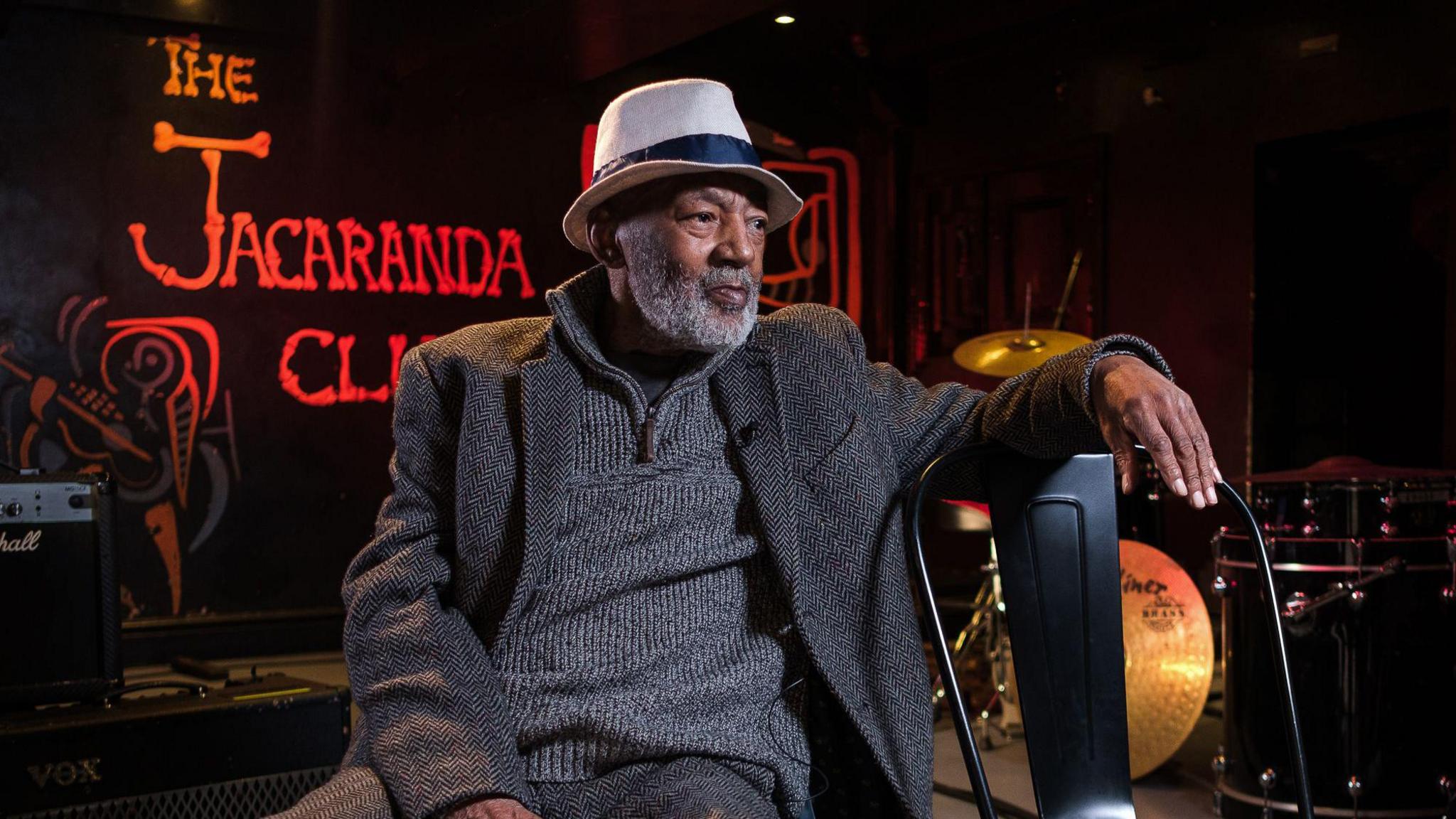
Joe Ankrah's band The Chants were backed by The Beatles
The free exhibition features archive images and new portraits of the musicians from that era by Liverpool photographer Ean Flanders.
"My involvement in this project grew from hearing the many stories of the artists and musicians of that era, and the struggles and inequalities they endured," Mr Flanders said.
"I feel it is vital that these pioneers are acknowledged, not only for the influence they had in Liverpool, but also for the impact they made far beyond the city."
Toxteth: The Harlem of Europe, external runs at the Victoria Gallery & Museum until 1 August 2026.
Get in touch
Tell us which stories we should cover on Merseyside
Listen to the best of BBC Radio Merseyside on Sounds and follow BBC Merseyside on Facebook, external, X, external, and Instagram, external. You can also send story ideas via Whatsapp to 0808 100 2230.
- Published9 October 2024
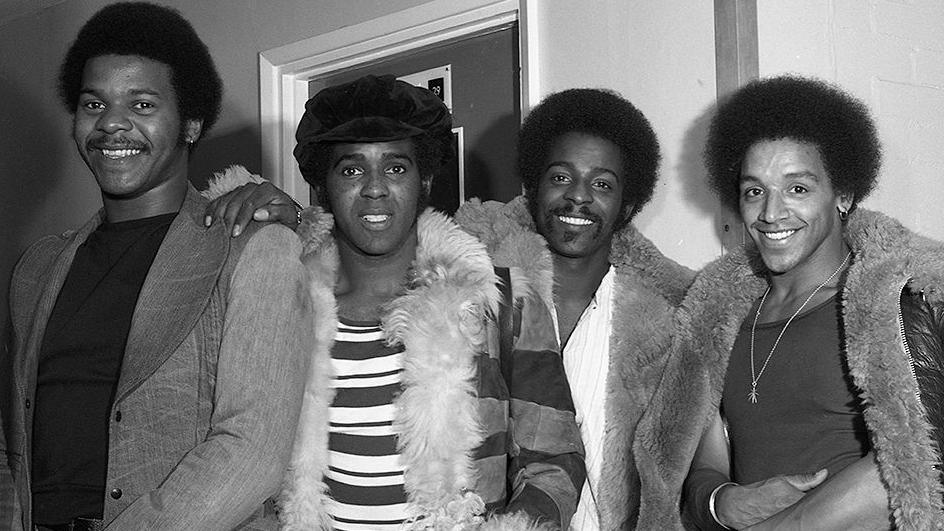
- Published3 October 2024
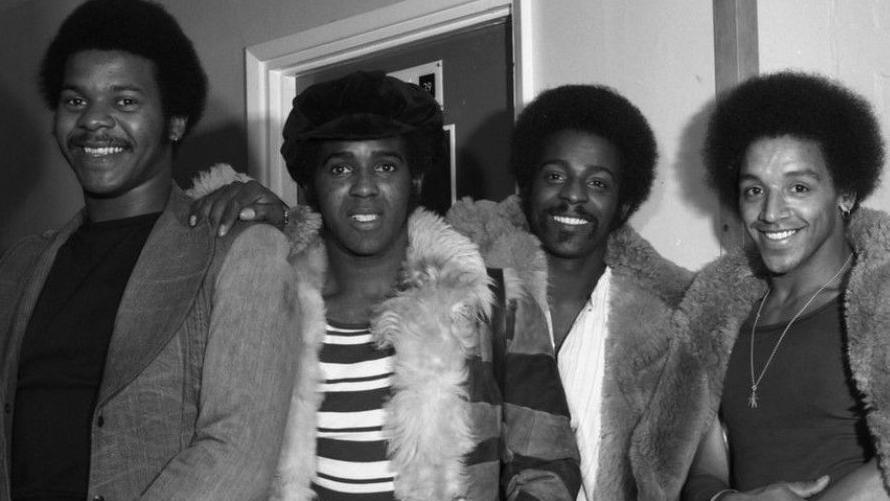
- Published11 March 2023
